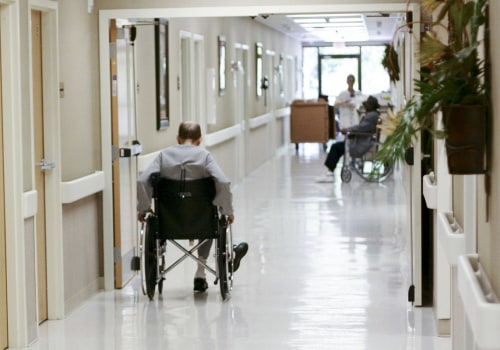The primary downside of assisted living is its cost, since Medicare does not cover it. Assisted living facilities usually include only a few activities in their monthly base rate. In addition to the monthly fees, personal care services such as laundry or medication reminders are charged separately. Assisted living staff members are constantly entering and leaving elderly people's homes to collect welfare checks and meet other seniors daily. However, I have seen firsthand what some of the drawbacks may be when visiting smaller residential assisted living homes (usually for an interview or video tour).
While many elderly people enjoy the socialization that takes place in assisted living centers, there are also times when they want to be alone. If a parent progresses from needing only help with activities of daily living (ADL) to having full-blown Alzheimer's disease, the center may not be adequately equipped to provide care. Older people who require assistance 24 hours a day but are not completely dependent may be an ideal candidate for an assisted living facility. Assisted living centers attempt to provide the comfort and independence of living alone while providing access to support staff who can help with a variety of tasks and activities. As a result, assisted living offers a more home-like atmosphere with the personal freedom and privacy that many elderly people appreciate.
A well-managed and well-supported residential or assisted living neighborhood home can be a wonderful place for mom or dad to live. In theory, this sounds like a good idea, but in practice there are many drawbacks to assisted living. The level of healthcare provided in assisted living facilities is suitable for elderly people who do not need a full-time nursing home, but only need help with meals, daily activities, medications, and transportation. If an assisted living resident has a medical condition or injury that requires the attention of a nurse or specialized doctor, they will usually have to arrange home care or go to a doctor's office or outpatient hospital. In many cases, assisted living facilities only offer very basic medical care, if at all. In addition to greater privacy and more control for their residents, assisted living centers also offer an opportunity to socialize.
Because of this, older people who require comprehensive specialized medical care or care, and those with moderate dementia or Alzheimer's, may need a higher level of care than what an assisted living facility can provide. There are many people who mistakenly believe that elderly people receive top-notch medical care while residing in assisted living facilities. Assisted living for seniors provides them with the chance to interact with other seniors every day.








